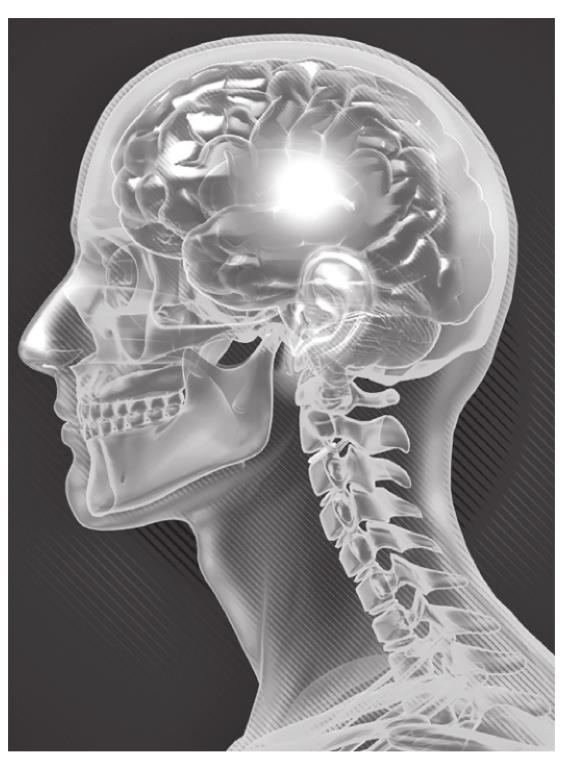Every nine seconds, someone in the United States sustains a brain injury. Every day, 137 people die in the U.S. because of a traumatic brain injury (TBI), and over 5.3 million Americans live with a TBI-related disability. A TBI usually results from a violent blow or jolt to the head or body, or an external force. Many who sustain a TBI do not seek treatment; one in every 60 people lives with the disability. Annually, 2.5 million sustain such an injury, 2.2 million are treated for TBI in emergency rooms and trauma centers, 280,000 are hospitalized, and 50,000 die. The leading cause of TBI are falls, traffic accidents, assaults, sports injuries, and combat injuries. An acquired brain injury (ABI) is any injury to the brain that is not hereditary, congenital, degenerative, or induced by birth trauma. Typical causes are electric shock, infectious disease, lightning strikes, near drowning, stroke, seizure, substance abuse/overdose, tumors, or toxic exposure. A TBI is a type of ABI.



